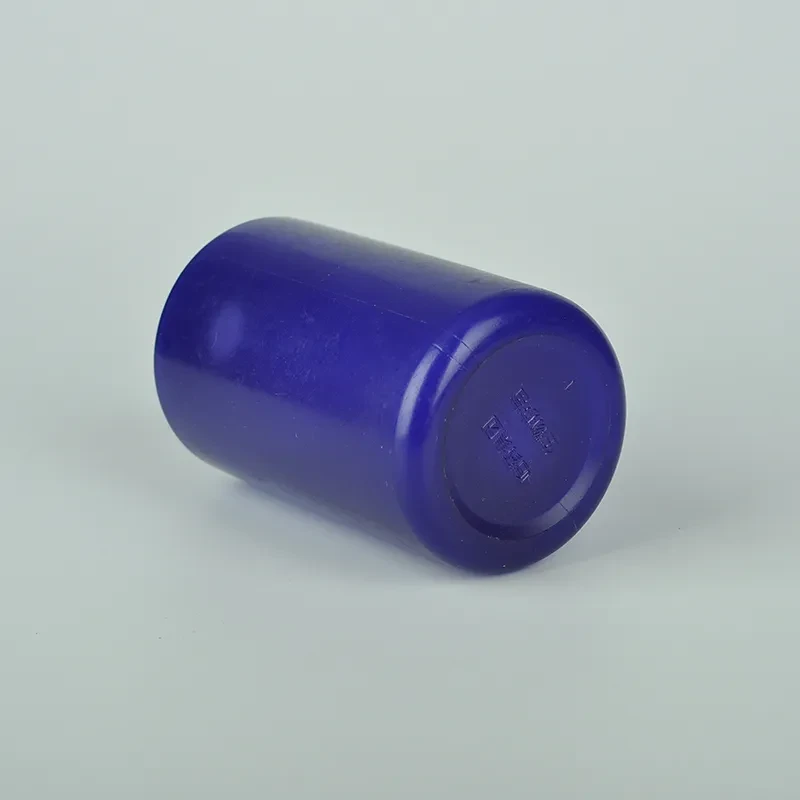Understanding the Role and Uses of Graduated Centrifuge Tubes in Laboratories
The Functionality and Applications of Graduated Centrifuge Tubes
Graduated centrifuge tubes are essential laboratory instruments used primarily in biochemistry, molecular biology, and clinical laboratories. These tubes are characterized by their tapered shape, graduated markings along the sides, and the ability to withstand high centrifugal forces during centrifugation. They come in various sizes, typically ranging from 1.5 mL to 50 mL, and are often made from polystyrene or polypropylene, which allows for better clarity and flexibility.
Design Features
One of the standout features of graduated centrifuge tubes is their graduated markings. These visual indicators allow for precise measurement of liquids, making it easier for scientists and lab technicians to aliquot samples accurately. The clarity of the material used in the construction of the tubes enables users to see the liquid levels, reducing the need for additional measuring devices and improving efficiency. The conical bottom design is particularly useful for collecting pellets formed during centrifugation, ensuring that valuable samples are not lost.
Functionality
The primary function of graduated centrifuge tubes is to facilitate the separation of components within a liquid mixture through centrifugation. Centrifugation is a process that uses centrifugal force to separate particles from a solution based on their densities. When a sample is spun in a centrifuge, denser particles move towards the bottom of the tube, forming a pellet, while lighter components remain in the supernatant above. This process is crucial in many applications, including the purification of DNA, RNA, proteins, and cells.
Graduated centrifuge tubes are designed to endure the mechanical stresses imposed during centrifugation. They can withstand high g-forces, making them versatile tools in various experimental setups. The ability to use these tubes in both refrigerated and room-temperature centrifuges expands their application across multiple research fields.
Applications in Research and Industry
graduated centrifuge tube function

Graduated centrifuge tubes find extensive application in different sectors
. In biomedical research, they play a critical role in the preparation of samples for polymerase chain reaction (PCR), sequencing, and other analytic techniques. Researchers often use these tubes to isolate DNA or RNA from biological samples, allowing for further investigation and analysis.In clinical laboratories, graduated centrifuge tubes are used for the separation of blood components. Blood samples are commonly centrifuged to separate plasma from cells, which is vital for diagnostic tests. The clear graduations help laboratory technicians accurately measure the amounts of plasma or serum extracted from the samples.
Moreover, graduated centrifuge tubes are essential in the field of industrial biotechnology for the production of biopharmaceuticals. In this context, they are used to separate and purify recombinant proteins or viruses produced by engineered cells, streamlining the process of drug development and manufacture.
Advantages of Graduated Centrifuge Tubes
The advantages of graduated centrifuge tubes are manifold. Their accuracy and precision in measuring liquids ensure consistent results across experiments. Moreover, the easy-read graduations reduce the chances of human error, thereby ensuring reliability in data collection. The tapered design not only aids in the efficient settling of particles but also enhances washing steps, as it allows easy access to the entire volume of the tube.
Additionally, many modern graduated centrifuge tubes are designed to be compatible with robotic liquid handling systems, allowing for high-throughput workflows. This compatibility is particularly significant in high-volume laboratories where automation can greatly enhance productivity.
Conclusion
Graduated centrifuge tubes serve as indispensable tools in both research and clinical settings. Their design, functionality, and versatility make them suitable for a variety of applications, from molecular biology to clinical diagnostics. With advances in materials and manufacturing processes, these tubes continue to evolve, ensuring they meet the growing demands of scientific research and industrial applications. As laboratories strive for higher precision and efficiency, the importance of graduated centrifuge tubes cannot be overstated. Their role in sample preparation and analysis underpins many scientific discoveries, making them a cornerstone of modern laboratory practices.
-
Aesthetic Makeup Spray Bottles | Fine Mist Empty RefillableNewsAug.19,2025
-
White Plastic Veterinary Vaccine Vials | Lab Liquid BottlesNewsAug.18,2025
-
Plastic Medicine Liquid Bottle: Secure Flip Top Drug VialsNewsAug.17,2025
-
Durable 250ml Blue Plastic Vaccine Vial for Lab & Vet UseNewsAug.16,2025
-
Sterile Virus Sample Tubes: Secure & Reliable Specimen CollectionNewsAug.15,2025
-
White 250ml Plastic Vaccine Vial for Lab & Vet MedicineNewsAug.14,2025
























